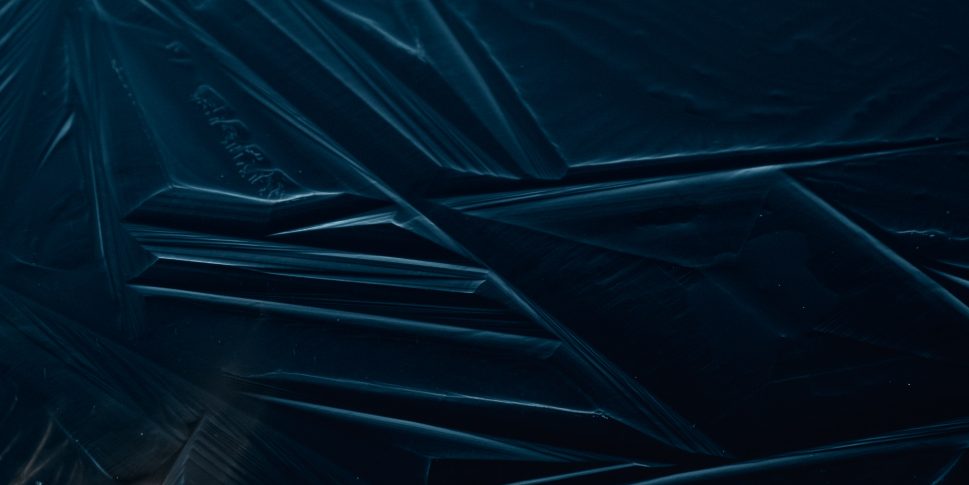“Both COVID-19 and SARS are caused by coronaviruses. The virus that causes SARS is known as SARS-CoV, while the virus that causes COVID-19 is known as SARS-CoV-2. There are also other types of human coronaviruses.” COVID-19 vs. SARS: How Do They Differ?
- “Previous research with coronaviruses similar to SARS raises fears that the vaccine now being tested could actually make SARS worse, due to an effect called immune enhancement….A vaccine may well show no immediate problems in people,” says Albert Osterhaus, of Erasmus University in the Netherlands, who is testing candidate vaccines in animals, including a whole killed virus. But there could be trouble later, he says, because of immune enhancement. This effect means the long-term response of the immune system to the vaccine, instead of protecting, causes worse disease upon infection.” China to give first SARS vaccine to people 2003
- These SARS-CoV vaccines all induced antibody and protection against infection with SARS-CoV. However, challenge of mice given any of the vaccines led to occurrence of Th2-type immunopathology suggesting hypersensitivity to SARS-CoV components was induced. Caution in proceeding to application of a SARS-CoV vaccine in humans is indicated. Immunization with SARS Coronavirus Vaccines Leads to Pulmonary Immunopathology on Challenge with the SARS Virus 2012
- “The rapid success in the development of immunogenic and protective vaccines against SARS using a variety of platforms is encouraging, but should be tempered with concerns about the possibility of enhanced disease following exposure in vaccinated individuals.” Animal models and antibody assays for evaluating candidate SARS vaccines: Summary of a technical meeting 25–26 August 2005, London, UK 2005
- “These vaccines can induce potent neutralizing and protective responses in immunized animals but may induce antibodies that enhance infection by early human SARS-CoV and animal SARS-CoV–like viruses.” SARS Vaccine Development 2005
- “Extra caution should be taken in proposed human trials of SARS vaccines due to the potential liver damage from immunization and virus infection,” the research report states. SARS vaccine linked to liver damage in ferret study 2004
- “Dec 14, 2004 (CIDRAP News) The National Institute of Allergy and Infectious Diseases (NIAID) has announced the start of its first human trial of a vaccine for SARS (severe acute respiratory syndrome), less than 2 years after the disease was first recognized.” NIAID starts first US human trial of SARS vaccine 2004
- “Two years ago, a lethal virus was brewing in rural China, one that was subsequently dubbed SARS, for severe acute respiratory syndrome. Now a new vaccine against the disease is being tested in humans – at a time when it is at risk of drifting off the public-health radar. SARS shocked the world when it emerged from China in 2002, causing panic as it raced around the globe and killed nearly 800 people. It was eventually brought under control in 2003 by a quarantine of exposed people.” SARS vaccine trial spotlights continued peril
- “However, caution should be taken in using the inactivated SARS-CoV as a vaccine since it may also cause harmful immune and/or inflammatory responses.” Inactivated SARS-CoV vaccine elicits high titers of spike protein-specific antibodies that block receptor binding and virus entry 2004
- “We now have two candidate vaccines, based on two distinct technologies, shown to be effective against SARS infection in mice,” said NIAID Director Anthony S. Fauci, MD, in a news release.” SARS vaccine using vaccinia looks good in mice 2004
- “The ADE (antibody-dependent enchantment) of virus infection is a phenomenon in which virus-specific antibodies enhance the entry of virus, and in some cases the replication of virus, into monocytes/macrophages and granulocytic cells through interaction with Fc and/or complement receptors.” Antibody-dependent enhancement of virus infection and disease 2003
More recently…
- There are several studies showing a paradoxical phenomenon, in which vaccinated animals or people exhibit a more severe disease while exposed to the virus than non-activated fellows (34–36). This immune backfiring is known as antibody dependent enhancement (ADE), in which the virus influences antibodies for its own benefit and enhances the infection or immune enhancement, consisting of allergic inflammation due to Th2 immunopathology. Potential Challenges for Coronavirus (SARS-CoV-2) Vaccines Under Trial 2020
- “All of the vaccines resulted in protective immunity, but there were complications; the vaccines resulted in an immune disease in animals. No human studies were done, nor were the vaccine studies taken further because the virus disappeared.” The mysterious disappearance of the first SARS virus, and why we need a vaccine for the current one but didn’t for the other 2020
